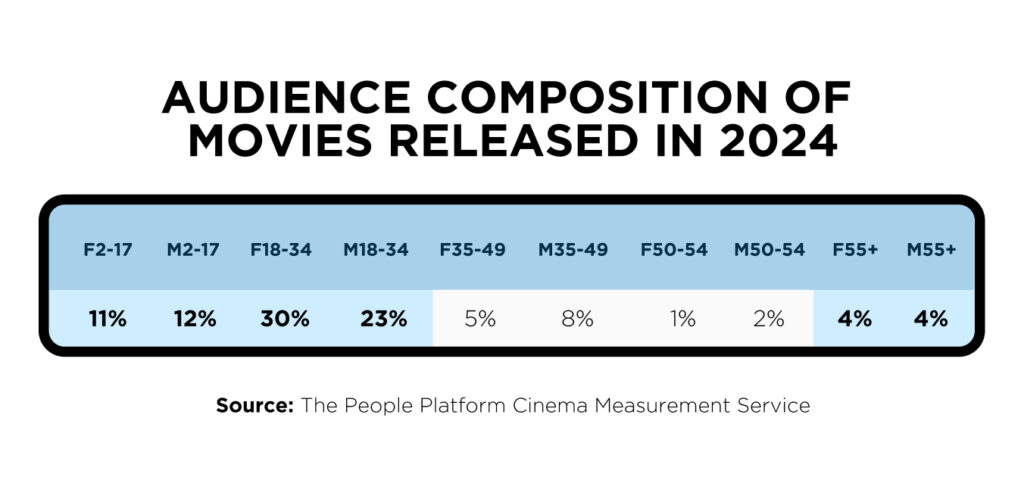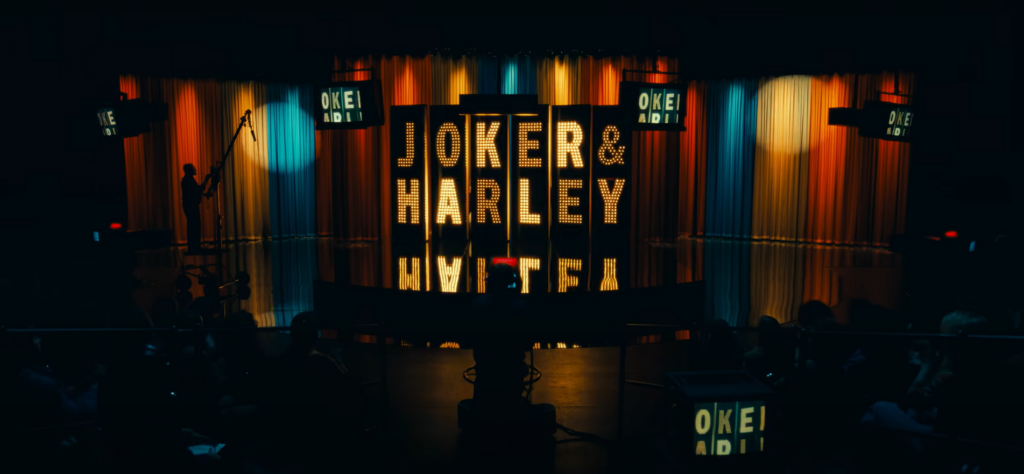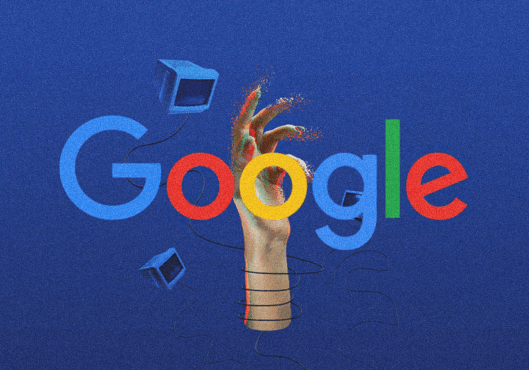
Influencers are New Stars of Film Marketing in Hollywood
Wicked—the long-awaited movie starring Ariana Grande and Cynthia Erivo—has Broadway fans and Wizard of Oz lovers counting down the days. While the film marketing for Wicked is at its peak, one moment stood out: the Kardashian-Jenner clan attending a private screening of the movie alongside Ariana and Cynthia, shared through Kim K’s Instagram story. Naturally, it went viral.

This brilliant integration of influencers like the Kardashians into the promotional game sent engagement soaring. Unsurprisingly, influencer marketing has become the Hollywood blockbuster of promotional strategies.
Traditional methods like billboards, press tours, interviews, and red-carpet events are still alive and kicking. But the rise of digital platforms and influencer-driven campaigns has stolen a hefty slice of the spotlight. Why? Because they’re cost-effective and reach diverse audience groups more effectively than ever before.
Hollywood isn’t stopping there. It’s embracing experiential marketing, retail partnerships, brand collaborations, and other innovative strategies to grab and hold attention in today’s cluttered media landscape.
So, let’s unpack how much influencer marketing is reshaping movie marketing. Are they breaking bad in film marketing or becoming Golden Girls for Hollywood?
Contemporary film marketing asks for more than a red carpet to keep cinema fans engaged
Cinema stands apart from the bite-sized, fast-paced video content dominating social media platforms like TikTok, Instagram, and YouTube. Unlike these platforms, cinema is a grand medium — a blend of storytelling, music, CGI, VFX, and human emotions.
But times are changing. With the rise of TikTok creators, YouTube streamers, and Instagram influencers, younger generations like Gen Z and Alpha are glued to these digital channels. Meanwhile, older generations—millennials, Gen X, and Boomers—still enjoy traditional marketing approaches like press tours, fan events, and iconic red carpets.
Interestingly, the biggest moviegoers in the first half of 2024 were adults aged 18–34, particularly younger women. This shift is why film marketing demands strategies that resonate with the digital-first mindset of younger audiences.

Influencer marketing for movie promotions isn’t just a trend — it’s a smart move. Influencers bring hyper-targeted reach, genuine engagement, and cost-effectiveness than traditional cinema advertising. More importantly, they have a direct line to loyal followers who trust their recommendations, turning influencer partnerships into marketing gold.
The red carpet might still be alive, but the future of film marketing is being shaped by those who thrive on digital platforms.
Nowadays, film marketing integrates fame and celebrity status to push the buzz and hype factor
Film marketing today thrives on the power of fame, celebrity status, and influencer buzz to amplify hype. Events like the Cannes Film Festival, known for celebrating cinematic artistry, have witnessed influx of influencers from diverse genres worldwide. Why?
In the digital age, brands seize every opportunity to showcase their products. Partnering with Cannes and influencers lets them transform the festival into a global stage for their offerings. While this doesn’t impact the movies, it’s a massive win for sponsors and brand visibility.
However, not all influencer campaigns bypass films. Take Twisters, starring Glen Powell, which partnered with influencers to make the ‘Apple Dance of Charlie XCX’ a viral sensation. Similarly, the fourth installment of Planet of the Apes generated buzz by featuring influencers on its red carpet. Both campaigns paid off, with the movies turning into box-office successes.
The takeaway? Whether directly benefiting movies or elevating brand collaborations, the integration of fame and influencer culture is reshaping film marketing into an attention-grabbing art form.
Hype through film marketing doesn’t always equal box-office glory
Despite influencers and engagement ruling the roost, film marketing faces its fair share of challenges.
When we think of influencers in film marketing, who comes to mind? Hollywood icons like Millie Bobby Brown or social media sensations like Addison Rae? Whether they’re actors doubling as influencers, influencers acting, or just influencers being themselves, one thing remains certain: hype doesn’t guarantee a movie’s success.
Millie’s Damsel on Netflix — the movie leaned heavily on her star power, raking 35 million views in its first three days. Yet, despite the buzz, it garnered mixed reviews from critics and audiences alike. The lack of a theatrical release also left a big question mark on its true earning potential.

Then there’s Joker: Folie à Deux. Its marketing set expectations sky-high, promising another twisted journey with the iconic power-hungry Joker. But the hype fizzled out when the film hit the screens, leaving the audience and critics underwhelmed.
Even the most strategic influencer-driven campaigns can’t promise a smash hit. Sometimes, a movie needs more than just buzz—it needs substance.
Striking the perfect balance of fame and substance in film marketing
Not all hype is created equal, but every bit of it matters. For cinema advertisers, success lies in crafting marketing strategies that align with what the film has to offer.
If the story is the real star, the marketing should spotlight its narrative. On the other hand, if the leading cast is the draw, roll out the red carpet and bring them center stage.
Not every film needs an influencer-driven campaign to shine. Take Inside Out 2, for example—it can ride the wave of its predecessor’s success. Meanwhile, Barbie demanded an all-in marketing extravaganza, turning its stars and visuals into the talk of the town.
Influencer marketing is a budget-friendly ace up the sleeve, particularly for indie films or OTT releases with tighter production budgets. That’s where influencer power becomes the secret weapon, bridging audiences to stories that might otherwise fly under the radar.
At the end of the day, it’s about knowing when to lean on fame and when to trust in the substance of the story itself.
Cut to the chase
Film marketing has evolved alongside the digital era and new generations. Integrating influencer marketing has made movie promotions more exciting and accessible to thousands of audiences without straining budgets.


